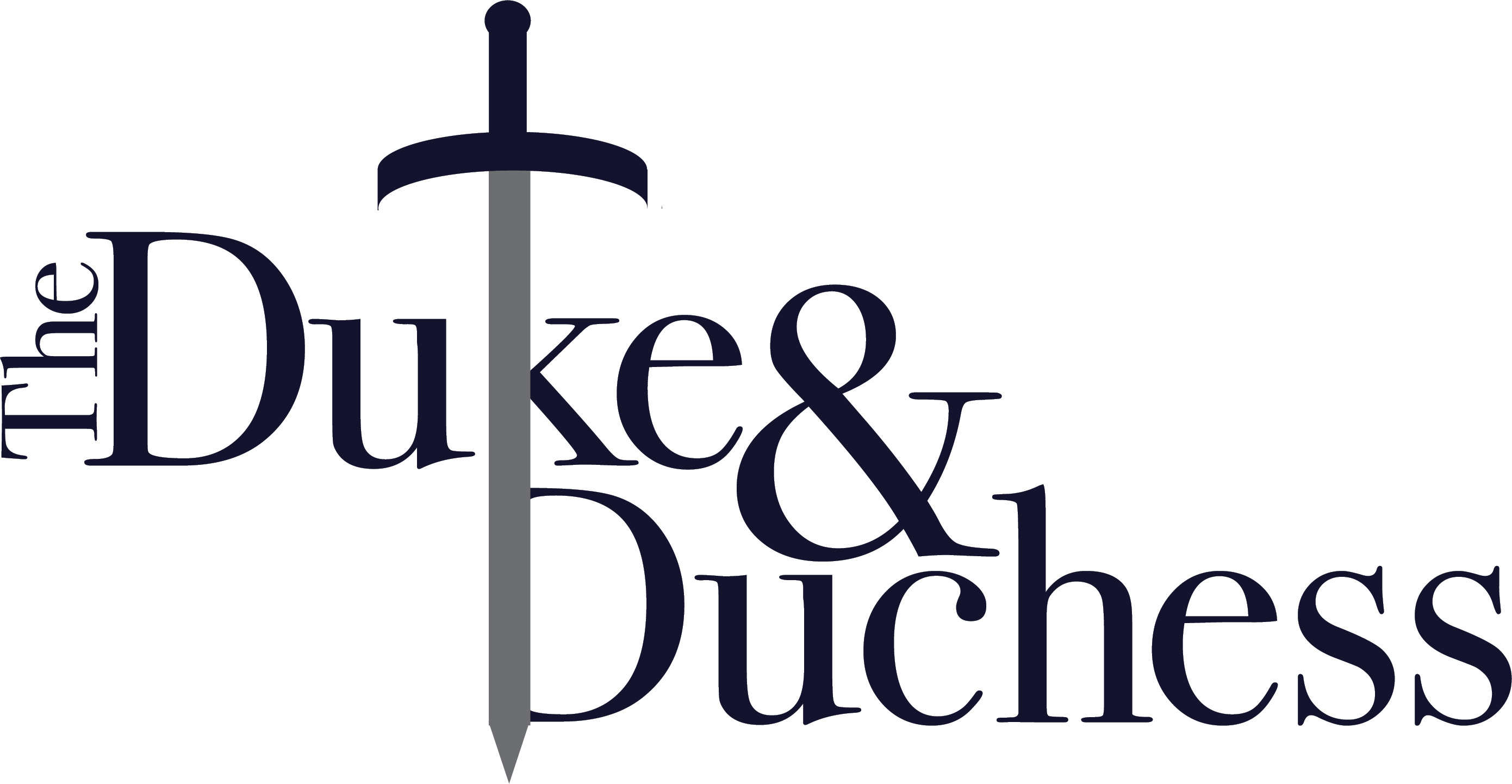By Gordon Ross
“I read a book a week!”, declared Chris “Finchy” Finch in a classic episode of the original UK version of The Office. Up to this point in the series Finchy was portrayed as a laddish, boorish and misogynistic figure; deeply unpleasant to even his closest friends, achieving peak obnoxiousness in the way he revels in David Brent’s misplaced adulation. This affected my teenage self-esteem more than I care to admit. I really, really hated Chris Finch, fictional as he was, but found myself forced to respect the reading abilities of so despicable character. He was probably lying, or read very short books. Probably with lots of pictures. But then he was also renowned for his general knowledge; confident enough to antagonize a veteran of three Blockbusters Gold Runs. And he knew things about Dostoyevsky.
Over the subsequent not-quite 20 years I have gotten a grown-up job, bought a house, gotten married, had children…..and plotted and planned eventually achieving a Finch-ean feat of reading a book a week for a whole year. I read slowly, so 18 books in 2015 felt like a big achievement. 28 and 30 the following two years were encouraging, so I invested in an Audible account, decided that a monthly audiobook would count, and set out to read 52 books in 2019. It didn’t always go well, in the end I finished 25 e-books, 11 audiobooks, 13 paperbacks and three hardbacks, averaging 340 pages across the magic total of exactly 52 books.
Early months – a fantastical fast start
Some extended time off work in early January made for a good start. The very first book of the year was Ready Player One by Ernest Cline, finished on New Year’s Day. I had recently finished Words of Radiance, was eager for more of Brandon Sanderson, and quickly flew through the Reckoners series and the final Legion book. Shortly afterwards followed my only non-fiction books of the year, the entertaining and heartfelt autobiography of British racer and 2009 Formula One World Champion Jenson Button, and Down Under, Bill Bryson’s humorous and affectionate recollections of his travels in Australia.
The early year also introduced me to the Horus Heresy, my most re-visited series of the year. Twelve of the 52 books ended up coming from this series, starting off with a five-book arc that splits apart the Empire of Mankind as noble super-human, power-armoured warriors of the Space Marine legions find themselves forced to choose their loyalties at the break-out of galactic civil war. What could easily have been trashy sci-fi is in fact laden with complexity and intrigue; the human empire is portrayed from the outset as a cult-like xenophobic dictatorship, and the rebels make a few too many genocidal ethical compromises for comfort. Grim, dark reading, but enjoyable, although the subsequent few books strayed into disappointing prequel territory.
Spring and early summer – serious comedy
After perhaps too much sci-fi and fantasy, I remembered in mid-Spring that I wanted to broaden my horizons as part of the reading challenge, so started picking up books like Kazuo Ishiguro’s Remains of the Day, Dorothy L. Sayers’s Whose Body, and Yasunari, Kawabata’s Snow Country, interspersing these mostly-serious new authors with old comedy favourites in P.G Wodehouse’s (hilarious) Very Good, Jeeves a run of Terry Pratchett efforts from Good Omens (co-written to Neil Gaiman) to Unseen Academicals and The Wee Free Men.
Pratchett has long been a trusted safe place to go for a refresher after reading heavier material, and as I near the end of the Discworld books Gaiman and Wodhouse look like excellent candidates as the palate-cleansers of the future. I resisted Wodehouse for far too long, and now increasingly find myself tempted to start quoting The Bertram in challenging professional moments, and wishing fervently for one of my colleagues to manifest Jeevesean levels of competence and ease me through the crisis of the moment.
Autumn – theatrical ascension
Late summer was highlighted in very different ways by Lee Child’s Bad Luck and Trouble and Mary Shelley’s Frankenstein, much of which was read on the shuttle bus on the way home after my daughter’s first British Grand Prix. With Autumn came another outing – this time the daughter was left with babysitters as my wife and I enjoyed a trip to the Royal Shakespeare Company to see Measure for Measure. In a desperate bid to understand what on earth was happening on stage I read the play, and enjoyed it sufficiently that I followed it up with Macbeth. Around the same time I was vastly enjoying Josiah Bancroft’s Books of Babel, charting hapless headmaster Thomas Senlin’s search for his wife through a colourful, eclectic steampunk world.
Taking on some longer books represented a slight downturn in pace but I did manage to finish Magician by Raymond E. Feist, which I had been chipping away at since the start of the year.
Winter is Coming
Towards the end of the year I remembered another neglected goal – to read some books written by authors from my home country of Scotland. In the end I managed six, including The Strange Case of Dr Jekyll and Mr Hyde by Robert Louis Stevenson and The Skipper’s Dog’s Called Stalin by David Black. The latter is partially set very close to my hometown, and was a remarkably upbeat and fun novel given it features the devastating bombings of Clydebank and the horrors of World War 2 submarine warfare.
Returning to the classics, I covered two books I had always wanted to read, George Orwell’s Animal Farm and A. A. Milne’s Winnie the Pooh. Both cover talking animals, and there the comparison ends. Another, lesser-known classic came in the form of Antal Szerb’s A Journey by Moonlight, deservedly recognised as a masterpiece in Szerb’s native Hungary. Finally, I can’t fail to mention three series that I read the first book of and will look forward to continuing in 2020 and beyond. The Custodian by Iestyn Evans was tense and claustrophobic. S.A. Chakraborty’s A City of Brass broke my brain a little, but in a vivid and beautiful setting, full of imagination. And Scott Lynch’s The Lies of Locke Lamora was top-notch fantasy and up there with the best and most enjoyable heists written down anywhere.
Best of the 52
- Best fantasy – The Lies of Locke Lamora (Scott Lynch)
- Best horror – Frankenstein (Mary Shelsley)
- Best sci-fi – Horus Rising (Dan Abnett)
- Best collection – Arcanum Unbounded (Brandon Sanderson)
- Best series – The Books of Babel (Josiah Bancroft)
- Biggest Surprise – The Gospel of Loki (Joanne M. Harris)
- Best self-published – In the Slip (F. D. Lee)
- Best book you’ve never heard of – A Journey by Moonlight (Antal Szerb)
- Insane genius award – The Slow Regard of Silent Things (Patrick Rothfuss)
- Best short read – Seven Views of Olduvai Gorge (Mike Resnick)
- Gordon’s overall best book read in 2019 – Frankenstein (Mary Shelley)






